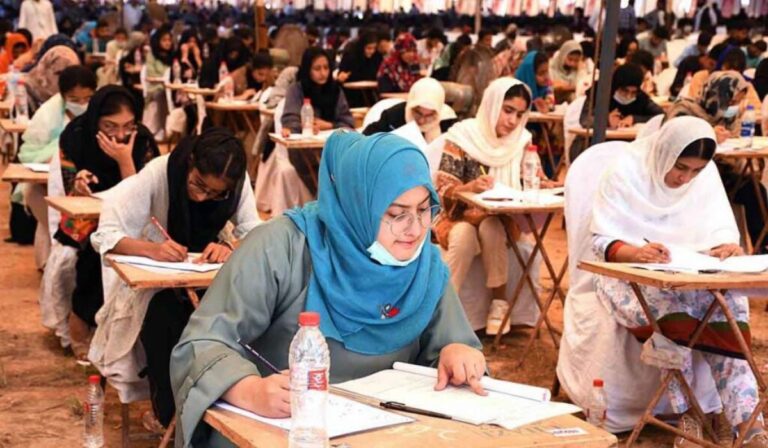A financial audit has revealed a major scandal in the Private Educational Institutions Regulatory Authority, exposing over Rs35 million in unauthorized payments.
The AGP report claims that the PEIRA chairperson and two senior members received salaries far exceeding limits approved by the federal government.
According to the audit, the chairperson alone pocketed Rs18.18 million in excess, while the two members jointly drew Rs16.73 million under irregular salary heads.
These payments breached Rule 10 of the ICT Private Educational Institutions Rules 2015, which require compliance with the federal government’s pay structure.
It found that although the chairperson was appointed under the MP-II scale, unauthorized categories were added to inflate the overall salary package.
While the approved MP-II pay amounted to Rs3.66 million, a total of Rs21.84 million was withdrawn, creating an excess of Rs18.18 million.
Auditors termed these withdrawals “unauthorized” and “contrary to federal regulations,” demanding immediate recovery of the full excess amount from the concerned officials.
The Departmental Accounts Committee, in its December 2024 session, ordered PEIRA to stop extra allowances and return the amount to the national treasury.
Further examination revealed that two senior members responsible for academics and registration also benefited from the same self-approved salary structure.
Read More: Audit Flags Rs9.4bn Loss from PIA Concessions
In February 2024, PEIRA’s management allegedly extended enhanced benefits to employees, including top officials, without seeking approval from the Finance Division.
As a result, the Member (Academics) received Rs7.88 million, while the Member (Registration) obtained Rs8.84 million during the fiscal year 2023–24.
These payments included unapproved allowances such as 130 percent house rent, 50 percent medical, 20 percent utility, honoraria, and multiple Eid bonuses.
The audit labeled this move a clear violation of federal pay policies and PEIRA’s framework, which demands prior Finance Division approval for salary revisions.
PEIRA’s management defended its decision by claiming that its financial rules allow adoption of the Federal Board of Intermediate and Secondary Education’s structure.
Auditors rejected this defense, noting that PEIRA cannot independently alter its pay scale or adopt another institution’s salary framework without federal authorization.
The DAC directed PEIRA to submit Finance Division concurrence, recover the illegal payments, and immediately halt all additional unauthorized allowances.
The audit recommended a detailed inquiry and disciplinary action against officials responsible for approving and releasing the illegal salary payments.
It further advised that the recovered funds be promptly deposited into the federal treasury to prevent further misuse of public resources.




